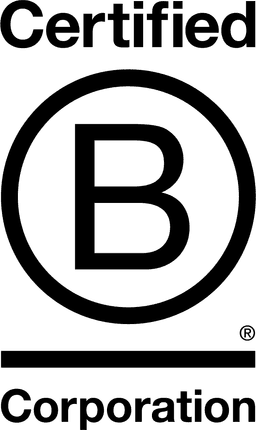

SnappCar

1.6
Utrecht, Netherlands The
March 2015
Transportation support
Service with Minor Environmental Footprint
Germany,
Netherlands The,
Sweden
SnappCar is well on its way to become the leading peer-to-peer carsharing community in Europe. Within its community thousands of car owners share their personal cars with tens of thousands of neighbors and friends, all of those looking for a more social, durable and cheaper alternative. SnappCar aims to remove 5 out of 10 cars from our streets in the markets that we are active in. Did you know that the average car stands still for 23 hours each and every day? And there are 250 million cars in Europe alone. Just imagine all the space taken up by these idle chunks of metal. Insane, isnÕt it? SnappCar is a fully reliable and user-friendly marketplace, riding the wave of Collaborative Consumption. SnappCar provides an all-risk insurance, handles the payment and resolves any issue that may arise during the rental period to make the user experience as smooth as possible. As a result everybody benefits. Less cars are needed which frees up precious space in cities and reduces CO2 emissions. Car owners save on their monthly cost, while renters save money by avoiding more expensive alternatives. Finally, it also increases the social cohesion in neighborhoods as people get to know their neighbors.
Overall B Impact Score
Governance 16.7
Governance evaluates a company's overall mission, engagement around its social/environmental impact, ethics, and transparency. This section also evaluates the ability of a company to protect their mission and formally consider stakeholders in decision making through their corporate structure (e.g. benefit corporation) or corporate governing documents.
What is this? A company with an Impact Business Model is intentionally designed to create a specific positive outcome for one of its stakeholders - such as workers, community, environment, or customers.
Workers 32.5
Workers evaluates a company’s contributions to its employees’ financial security, health & safety, wellness, career development, and engagement & satisfaction. In addition, this section recognizes business models designed to benefit workers, such as companies that are at least 40% owned by non-executive employees and those that have workforce development programs to support individuals with barriers to employment.
Community 16.8
Community evaluates a company’s engagement with and impact on the communities in which it operates, hires from, and sources from. Topics include diversity, equity & inclusion, economic impact, civic engagement, charitable giving, and supply chain management. In addition, this section recognizes business models that are designed to address specific community-oriented problems, such as poverty alleviation through fair trade sourcing or distribution via microenterprises, producer cooperative models, locally focused economic development, and formal charitable giving commitments.
Environment 20.0
Environment evaluates a company’s overall environmental management practices as well as its impact on the air, climate, water, land, and biodiversity. This includes the direct impact of a company’s operations and, when applicable its supply chain and distribution channels. This section also recognizes companies with environmentally innovative production processes and those that sell products or services that have a positive environmental impact. Some examples might include products and services that create renewable energy, reduce consumption or waste, conserve land or wildlife, provide less toxic alternatives to the market, or educate people about environmental problems.
What is this? A company with an Impact Business Model is intentionally designed to create a specific positive outcome for one of its stakeholders - such as workers, community, environment, or customers.
Customers 3.4
Customers evaluates a company’s stewardship of its customers through the quality of its products and services, ethical marketing, data privacy and security, and feedback channels. In addition, this section recognizes products or services that are designed to address a particular social problem for or through its customers, such as health or educational products, arts & media products, serving underserved customers/clients, and services that improve the social impact of other businesses or organizations.